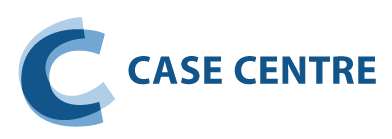


- Not connected
- |
- Login

The Social Economy and the Traditional Market: The Dilemma of Justa Trama

- English
- Justa Trama,
- Sustainability,
- Hybrid logics,
- Institutional theory,
- Social economy
This case is about Justa Trama, a network created in 2005 in Porto Alegre, Brazil, composed of six organizations working in different fields across Brazil. The network involves a complete production chain of clothing and accessories made from organic cotton, from planting to the consumer. This network employs more than 700 workers and its primary goal is the elimination of all intermediaries in the production and commercialization process. The main dilemma is how to reconcile the different members’ views on the commercialization process by creating alternative strategies to grow and increase profit without compromising the social economy principles.
- Other
The dilemma presented in this case will guide students to come up with innovative solutions for an important challenge for the organization, i.e., how to address the different members’ views on the commercialization process by creating alternative strategies to grow and increase profit while maintaining social economy principles.
The first objective is related to understanding that the social economy is a viable alternative, even though organizations have to be proactive and create their own solutions. This phase outlines the consideration of all members’ demands.
The second objective is related to how to find a strategy that resolves the dilemma presented in the case.
The third objective is to present the advantages and disadvantages of each strategic response and its impact on pursuing the social economy logic. The ability to create prospective scenarios will be explored.


